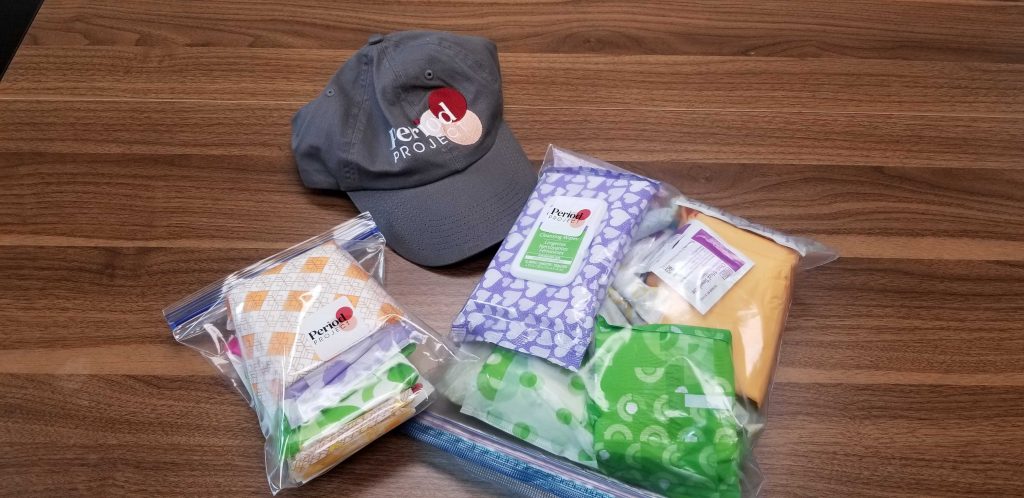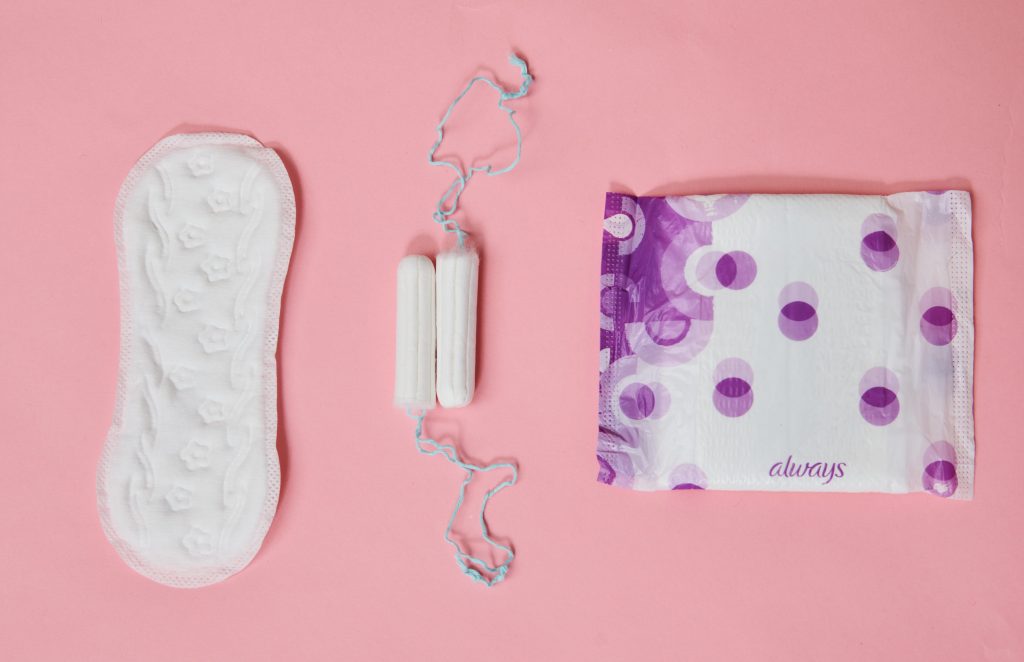- Rep. Marjorie Taylor Greene of Georgia has tried to blame trans people for the tampon shortage.
- Experts told Insider global supply-chain issues from multiple factors are the cause.
- The shortage may exacerbate menstrual-health inequity, the nonprofit Period Project told Insider.
As a tampon shortage swells in the US, Georgia Rep. Marjorie Taylor Greene has pushed a groundless rumor that trans people are to blame.
The far-right provocateur broadcast her transphobic theory in mid-June on an episode of her podcast, "MTG Live."
"The latest news is, there's a shortage of tampons, and that's probably because men are buying tampons," Greene said, adding that there is a "war on women" and calling out places that "put tampons in men's bathrooms."
She followed up in a tweet: "'People who menstruate' can't find tampons. Has anyone checked the warehouses at the border where all the baby formula is stocked floor to ceiling on shelves? Or maybe some men's restrooms? Apparently they are available there."
Greene's supporters on the right have latched on to her unfounded claims. But experts say the shortages reported by consumers facing empty shelves in stores and retail suppliers unable to fulfill orders are due to global supply-chain issues — and shortages of everyday products may be something we have to get used to.
"One of the biggest challenges we have is we're not used to delayed gratification. We're used to getting what we want instantly," Vaughn Moore, the CEO of AIT Worldwide Logistics, told Insider.
"Is this a new normal that we're under, about not being able to get certain products when we want them?" he added, pointing to other everyday necessities in short supply, such as baby formula and wet wipes.
The tampon shortage is a byproduct of capacity constraints and congestion at ports globally that came to bear during the pandemic and haven't been fully alleviated, said Moore.
The Ukraine conflict has exacerbated these issues, with rising fuel costs delaying the transport of products, the logistics expert added.
Shortages of raw materials used to produce tampons have been impacted as a result, according to Nirav Patel, the president and CEO of Bristlecone, a logistics-solutions firm.
"Cotton, rayon, and plastic are three key materials used in tampons," Patel told Insider. "These three materials have been in high demand since the start of the pandemic due to their use in PPE."
A majority of cotton is sourced outside the US. China's cotton accounts for one-fifth of global supply, so its zero-COVID lockdown strategy has impacted that supply.
And last year, the US signed the Uyghur Forced Labor Prevention Act, which bans imports from the Xinjiang region of China, a region that produces 85% of the country's cotton, explained Patel.
Droughts in California and Texas have also affected domestic cotton production, he added.
As suppliers face these shortages of raw materials, a lower price elasticity on tampons is also a challenge for manufacturers.
"They can't just keep increasing the price for that product, because there's a point where people can't afford it," said Moore, comparing it to other goods that use raw materials like plastic, such as electronics, that have a much higher price elasticity.
But prices on everyday essential have risen in a short amount of time — a glaring concern for organizations like the Period Project, which provides menstrual-hygiene products to those in need.
"Access to products has increasingly worsened over the past year," Laurie Rovin, the interim CEO of the Period Project told Insider. "We are having challenges purchasing bulk period-care products, and when we attempt to order retail, the limit is five boxes per order."

When she began as the interim CEO of the organization last August, the cost for a "period pack" — consisting of tampons, pads, liners, and wipes — to cover one menstrual cycle was $5.86, she said. Today it costs $10 per pack and that price is rising rapidly.
"Our nation needs to prioritize menstrual-health equity by increasing access to period-care products," Rovin said. "A homeless woman or a person in poverty does not have access."
